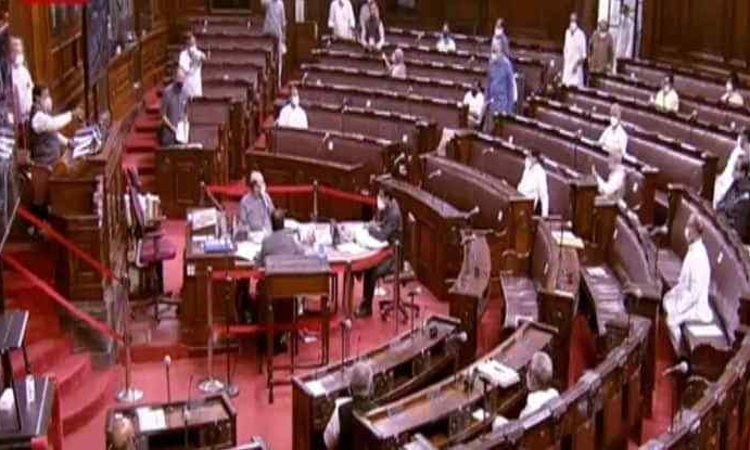Rajya Sabha Discusses Lack Of Social Diversity In Judiciary, Issue Of Post-Retirement Jobs Of Judges
Sneha Rao
14 Dec 2021 8:30 AM IST

Next Story
14 Dec 2021 8:30 AM IST
While considering the Supreme Court and High Courts (Salary and Conditions of Service) Amendment Bill, 2021, members of the Rajya Sabha raised the issues of lack of social diversity in the judges of higher judiciary, post-retirement appointments, lack of transparency in the appointment of judges and the need to re-introduce National Judicial Appointments Commission. The members...
